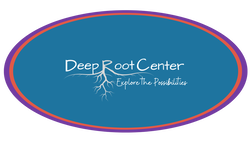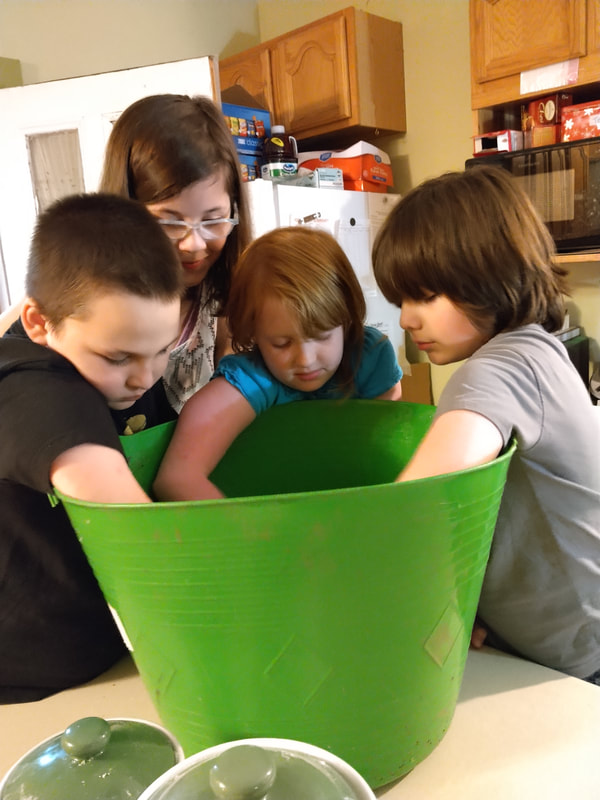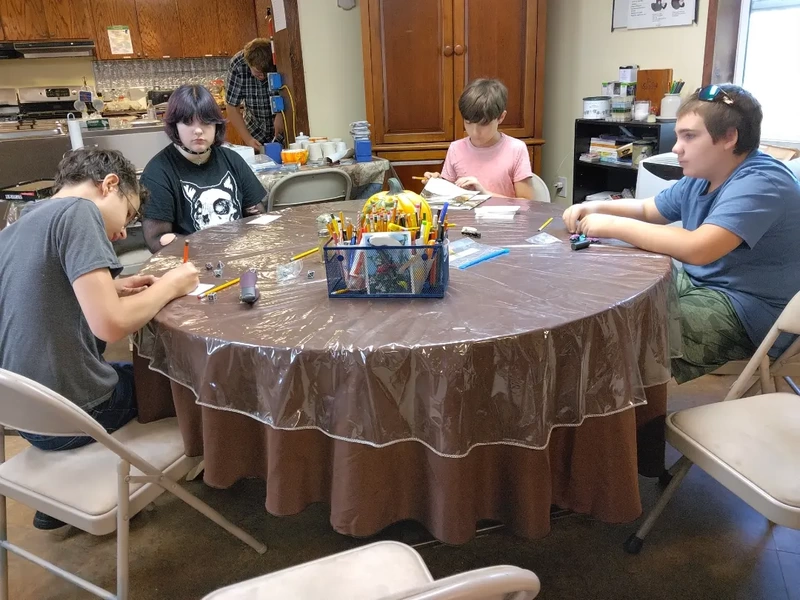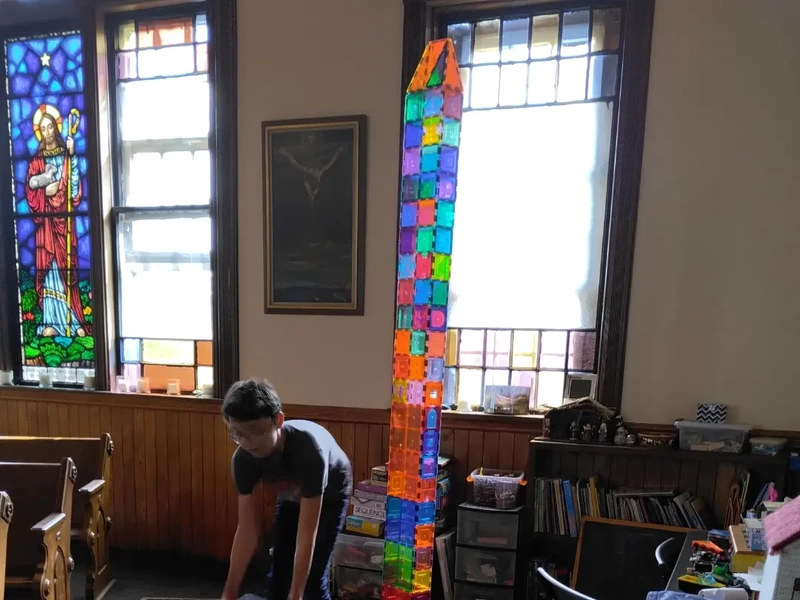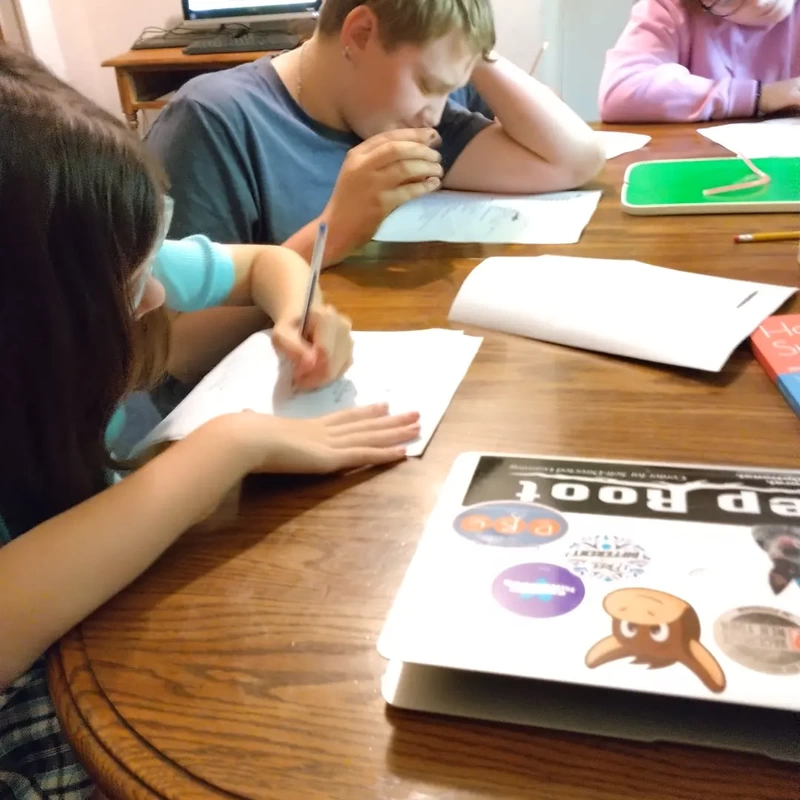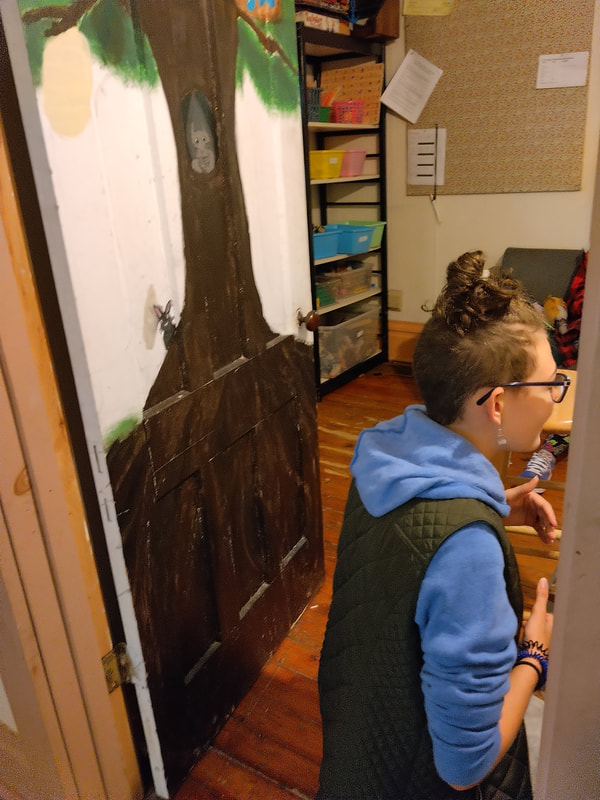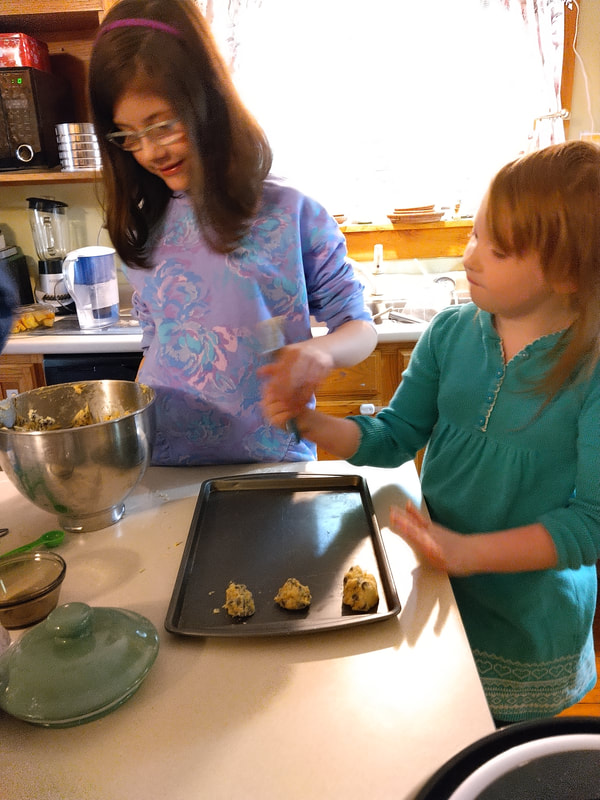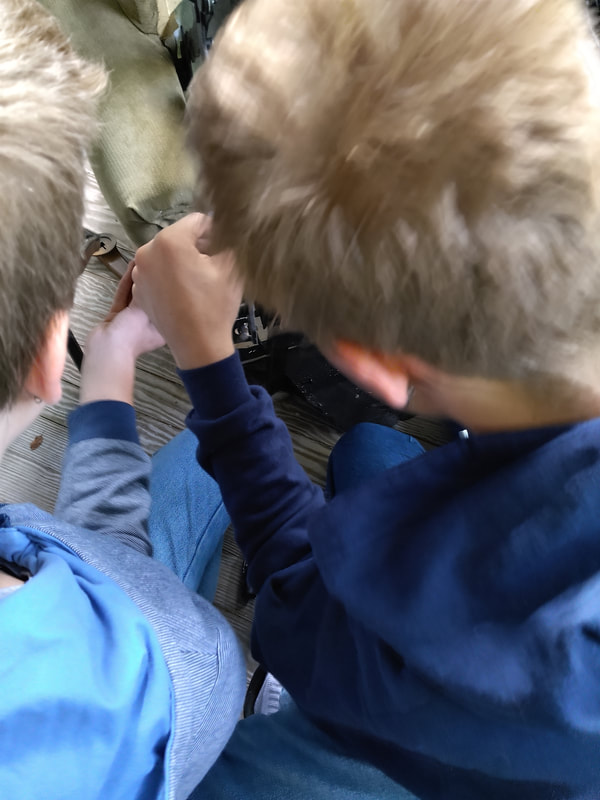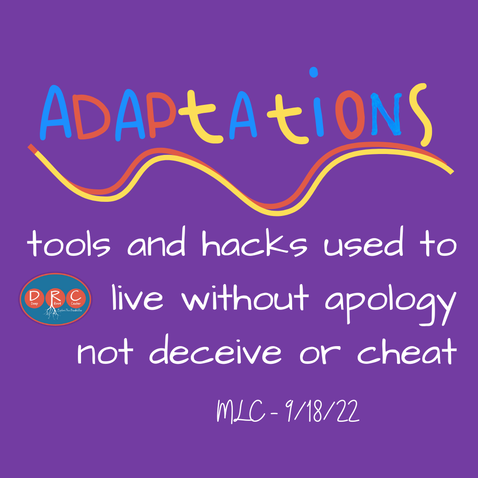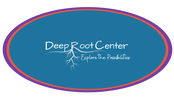|
As someone who recognized that I identify as neurodivergent decidedly later in life, I am just beginning to navigate through the many layers of what that means to me and the people I share my life with. After spending the past 57 years masking my sensitivities and "odd" quirks and pushing through the acute discomfort (and "alien-ness"), I have felt my entire life, I find myself struggling to ask for (insist on) the accommodations I need to feel whole. I am also discovering that people don't really believe or understand me because they have witnessed my facade of "OK-ness" for so long. Firstly I understand that saying someone needs accommodation creates the illusion that they need to be fixed. This couldn't be farther from the truth. We are not ill or broken - our brains just work differently. In general, we are more sensitive to inputs - all the noise, tastes, smells, physical touch, emotions, and visuals. I won't delve into how all those things are often felt as direct hits on our nervous systems. However, I will say I thought my utter exhaustion at the end of each day was natural. I am just now figuring out it is actually the intense response to being assaulted from every direction, every minute of every day. Secondly, to some, accommodations also represent inconvenience. To them, it just seems hard or impossible to create an environment where everyone is heard, supported, and, above all, comfortable. Many neurodiverse folks turn to coping mechanisms that are unhealthy or straight-up dangerous in direct response to this inflexibility and feelings of societal disconnection. I suppose the irony here is that I work hard to create a safe space, where connection and accommodations are the key elements, for the people around me and totally ignore my need for the same things. This all goes back to my seeming inability to ask for what I need, which is, I am just now realizing, is directly related to my feelings of guilt - I identify as the caregiver, fixer, and doer. Accommodations should only be seen as natural adaptations, hacks, or modifications with no stigma or judgment (or guilt). Adaptive technology and research into our neurodivergent brains have come a long way. Now comes the hard work of changing the culture to recognize the benefits of accommodations for all of us. No, we are not "cheating," we are simply asking to use the available tools to live our best (whole, healthy) lives. *I am currently reading Divergent Minds by Jenara Nerenberg. It has been most helpful on so many levels. I highly recommend it to anyone who suspects they may have a "divergent mind" or know people who do. The North Country Library system currently has two copies. Scenes from DRC-Canton & DRC-East this past week Weekly Creative Meditation DRC News We have had two very full weeks at DRC-Canton and are settling into our schedule with tons going on every day.
We are super excited that our new lead staff and mentor, Karen Gagne, is arriving from Vermont on Tuesday evening. I will be there to introduce her to the DRC- East Crew this Wednesday. Karen will be looking for a place to stay until she finds something more permanent. If you have any leads, please get in touch. The DRC-East facility is grateful for the use of the Life in His Arms Church until September 29th. DRC-East will be moving to Massena on October 1st, and we need help. There are large pieces of furniture in Canton, many items in Parishville at a board member's home, and all of the stuff still in the church in North Lawrence. We are looking for trucks or large vehicles and people power to help with this massive undertaking. Please let me know if you are able to help. Thank you!
0 Comments
Your comment will be posted after it is approved.
Leave a Reply. |
|
© 2024 Whole Learners, Inc. 501(c)3
Deep Root Center
48 Riverside Drive, Canton, NY 13617
315*323*1435/[email protected]
Deep Root Center
48 Riverside Drive, Canton, NY 13617
315*323*1435/[email protected]
